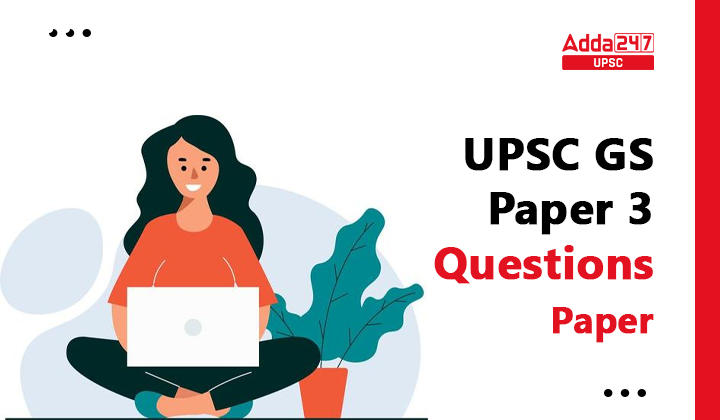Table of Contents
In this article, we are explaining the UPSC GS 3 Paper, Question Number 17 which includes an Introduction, Structure, Definition, Importance, and Conclusion on the topic Comment on the National Wetland Conservation Programme initiated by the Government of India and name a few India’s wetlands of international importance included in the Ramsar Sites. Check the complete UPSC GS Paper 3 question number 17 answer review here.
Comment on the National Wetland Conservation Programme initiated by the Government of India and name a few India’s wetlands of international importance included in the Ramsar Sites.
Introduction:
The National Wetland Conservation Programme was initiated by the Government of India and highlights some of India’s wetlands of international importance included in the Ramsar Sites list.
Structure:
I. National Wetland Conservation Programme
- Initiation: Briefly explaining the inception and objectives of the National Wetland Conservation Programme.
- Conservation Efforts: Discussing the conservation activities and measures undertaken under the program.
- Significance: Highlighting the importance of preserving wetlands for biodiversity and ecological balance.
II. India’s Wetlands of International Importance (Ramsar Sites)
- Definition of Ramsar Sites: Explaining the concept of Ramsar Sites designated under the Ramsar Convention.
- List of Wetlands: Naming and briefly describing a few of India’s Ramsar Sites.
- Importance: Discussing the ecological and global significance of these wetlands.
III. Conservation Challenges
- Threats to Wetlands: Identifying and elucidating the challenges and threats faced by India’s wetlands.
- Role of Ramsar Convention: Mentioning how the Ramsar Convention aids in addressing these challenges.
IV. Outcomes and Future Prospects
- Success Stories: Highlighting successful conservation efforts and positive outcomes.
- Future Initiatives: Discussing the need for continued conservation and potential future endeavors.
Conclusion:
The National Wetland Conservation Programme and India’s Ramsar Sites signify the nation’s commitment to preserving vital ecosystems. While there have been notable successes, challenges persist, requiring sustained efforts to protect these essential natural resources and maintain ecological equilibrium.
UPSC GS Paper 3 Question Evaluation
Evaluating a question from the UPSC (Union Public Service Commission) General Studies Paper 3 requires an understanding of the context, content, and overall approach the question takes
Ultimately, the quality of a UPSC GS Paper 3 question is crucial in evaluating candidates’ knowledge, analytical skills, and problem-solving abilities. A well-crafted question can lead to a more meaningful and equitable assessment of candidates’ capabilities
Benefits of GS Paper 3 Evaluation
Here are following few steps which is important for a candidate to understand in the evaluation process of a question paper.
- Clarity: Is the question clear and precise?
- Relevance: Does it align with the syllabus and current events?
- Depth: Does it require critical analysis?
- Balance: Is it well-rounded and not too broad or narrow?
- Multidisciplinary: Does it integrate knowledge from various fields?
- Analytical: Does it ask for analysis, not just description?
- Time and Fairness: Is it realistic for the exam and fair to all candidates?
- Innovative: Does it encourage creative thinking?
- Overall Significance: Does it assess a candidate’s comprehension and problem-solving abilities effectively?
| UPSC Mains Related Links | |
| UPSC Mains 2023 Essay Paper Topics | Visionary Decision Making |
| UPSC Mains Question Paper 2023 | Inspiration for creativity springs |
| UPSC Main GS Paper 1 Analysis 2023 | UPSC Main GS Paper 2 Analysis 2023 |



 TSPSC Group 1 Question Paper 2024, Downl...
TSPSC Group 1 Question Paper 2024, Downl...
 TSPSC Group 1 Answer key 2024 Out, Downl...
TSPSC Group 1 Answer key 2024 Out, Downl...
 UPSC Prelims 2024 Question Paper, Downlo...
UPSC Prelims 2024 Question Paper, Downlo...
